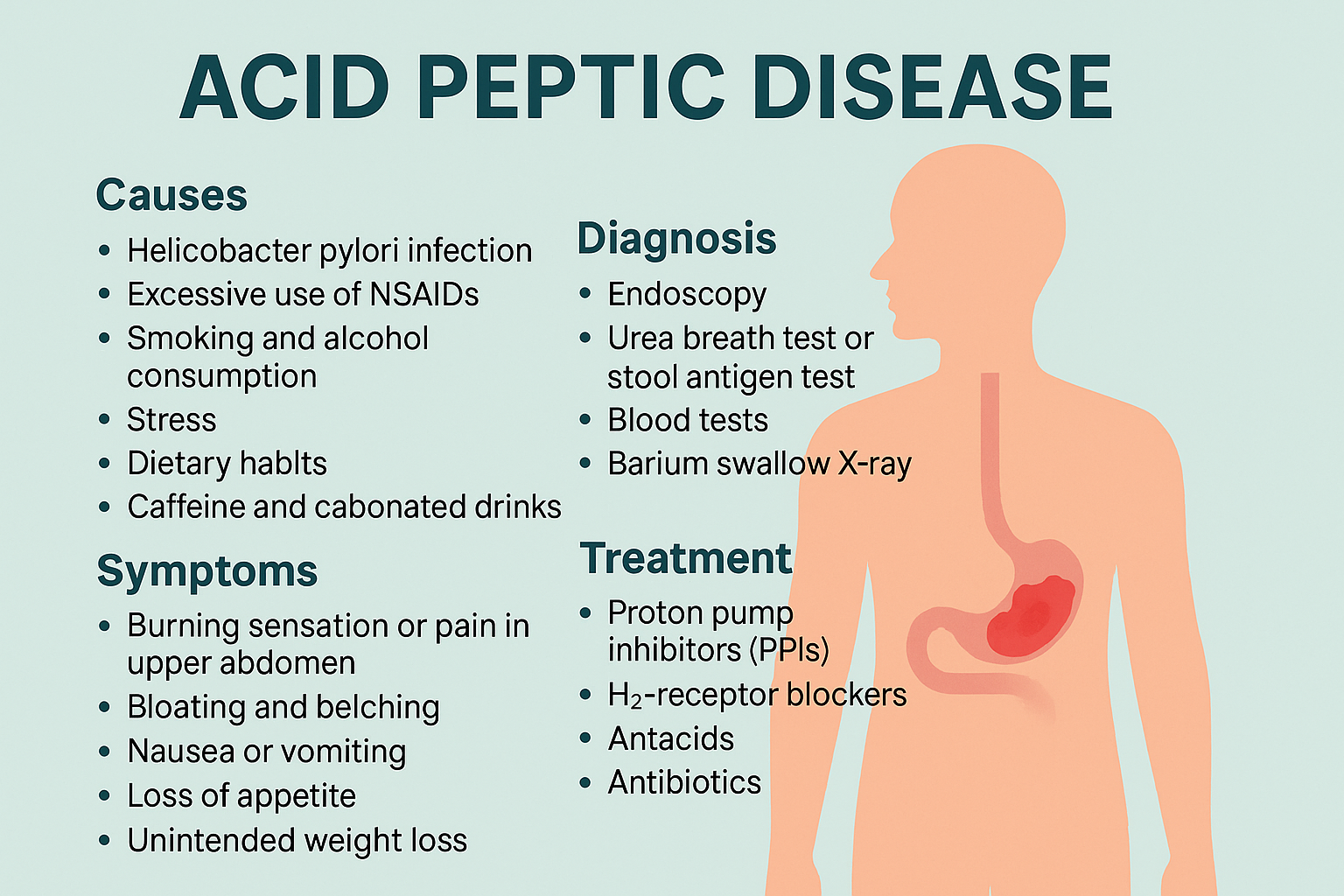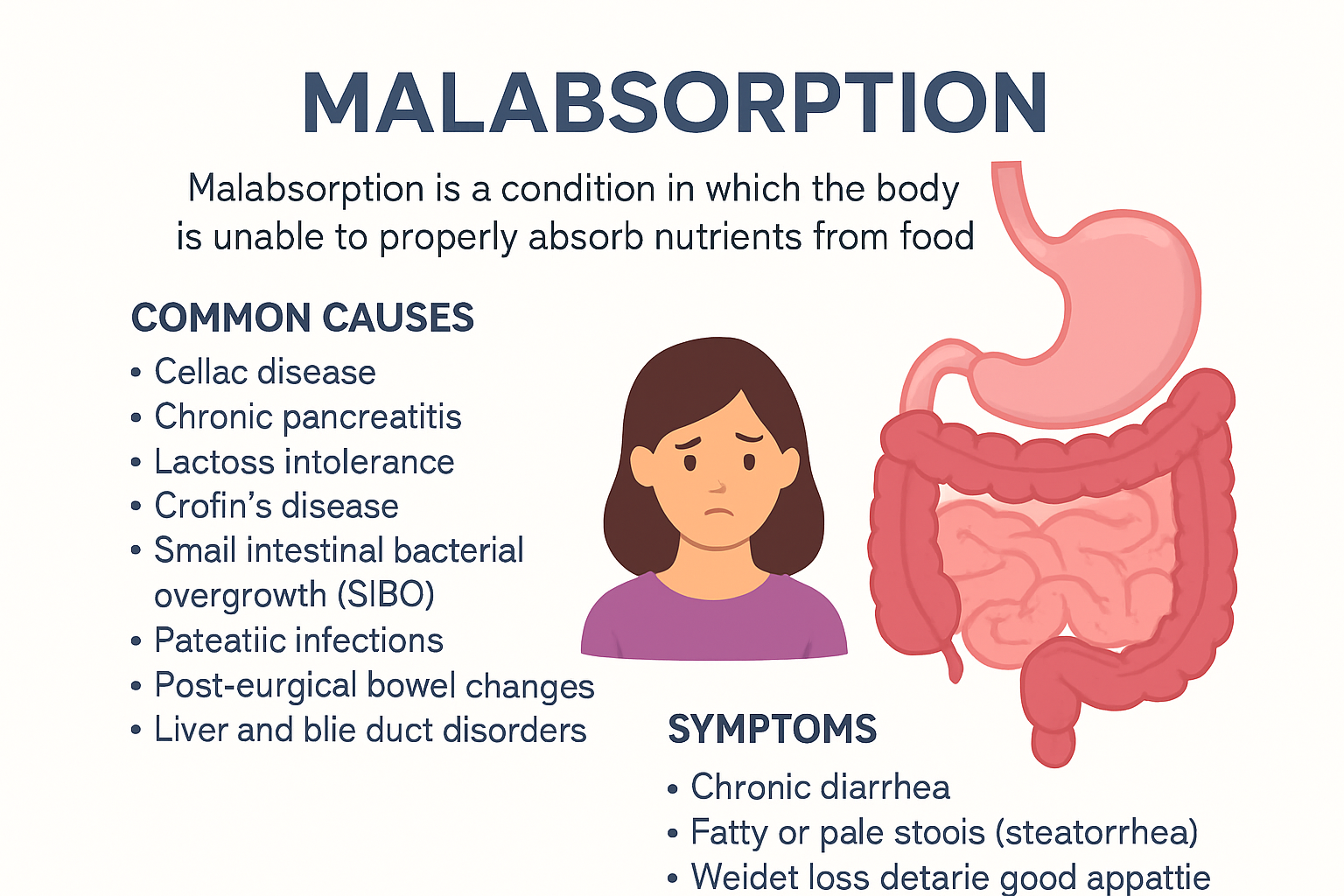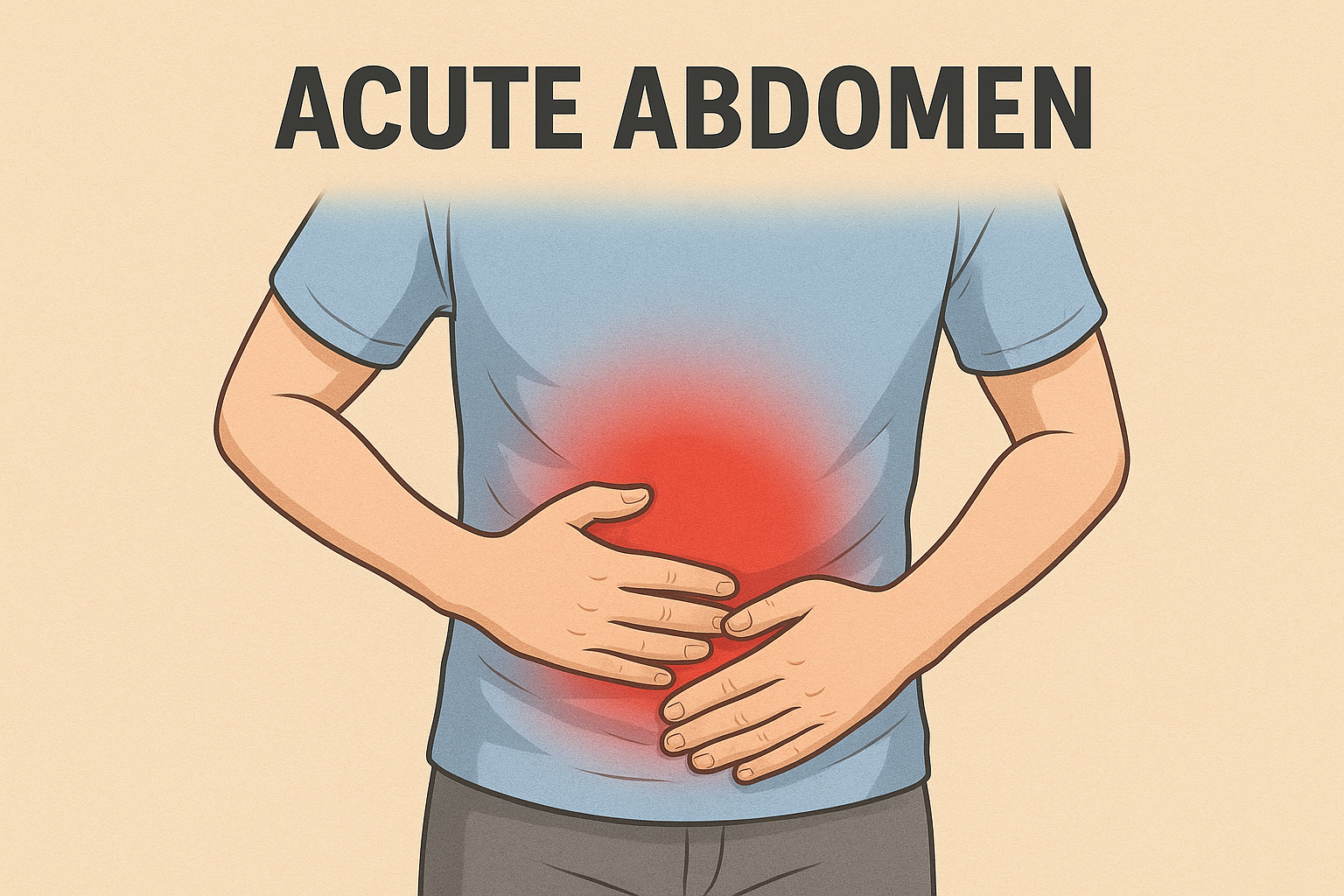What Is Acid Peptic Disease?
Acid Peptic Disease (APD) is a term that encompasses a group of gastrointestinal conditions caused by the excessive secretion of gastric acid. These conditions include gastritis, gastric ulcers, duodenal ulcers, and gastroesophageal reflux disease (GERD). It is a common digestive disorder affecting millions globally and can significantly impact quality of life if left untreated.
Causes of Acid Peptic Disease
Several factors contribute to the development of Acid Peptic Disease, including:
- Helicobacter pylori infection – A bacterial infection that damages the stomach lining.
- Excessive use of NSAIDs – Prolonged use of non-steroidal anti-inflammatory drugs like ibuprofen or aspirin.
- Smoking and alcohol consumption – These irritants can increase acid production and weaken the stomach’s defense mechanisms.
- Stress – Chronic stress can indirectly affect digestive health.
- Dietary habits – Spicy, oily, or acidic foods can trigger or worsen symptoms.
- Caffeine and carbonated drinks – These beverages stimulate acid production.
Common Symptoms of Acid Peptic Disease
The symptoms can vary depending on the severity and specific condition, but the most frequent signs include:
- Burning sensation or pain in the upper abdomen (especially on an empty stomach)
- Bloating and belching
- Nausea or vomiting
- Loss of appetite
- Unintended weight loss
- Blood in vomit or stool (in severe cases)
If you experience persistent or severe symptoms, it is essential to seek medical attention promptly.
Diagnosis of Acid Peptic Disease
To confirm a diagnosis, healthcare providers may recommend:
- Endoscopy – A camera-equipped flexible tube to examine the upper GI tract.
- Urea breath test or stool antigen test – To detect H. pylori infection.
- Blood tests – To evaluate overall health and detect complications.
- Barium swallow X-ray – To identify ulcers or other abnormalities in the esophagus, stomach, or duodenum.
Treatment Options
The treatment of Acid Peptic Disease focuses on reducing acid production, eradicating H. pylori (if present), and healing the mucosal lining.
Medications:
- Proton Pump Inhibitors (PPIs) – Reduce acid production (e.g., omeprazole, pantoprazole).
- H2-receptor blockers – Also decrease acid secretion (e.g., ranitidine, famotidine).
- Antacids – Provide temporary relief by neutralizing stomach acid.
- Antibiotics – Used to treat H. pylori infection.
Lifestyle Modifications:
- Eat smaller, more frequent meals
- Avoid spicy, oily, or acidic foods
- Quit smoking and limit alcohol intake
- Manage stress through yoga or meditation
- Elevate your head while sleeping to prevent reflux
- Avoid lying down immediately after meals
Prevention Tips
While not all cases are preventable, you can reduce your risk by:
- Maintaining a healthy diet
- Avoiding known triggers
- Limiting NSAID use and taking them with food
- Keeping your weight in check
- Staying hydrated and practicing good hygiene
Final Thoughts
Acid Peptic Disease is a manageable condition when diagnosed early and treated appropriately. By adopting healthier habits and seeking timely medical care, most individuals can lead a symptom-free life. If you’re experiencing persistent digestive issues, don’t ignore them—consult a healthcare provider for an accurate diagnosis and personalized treatment plan.




